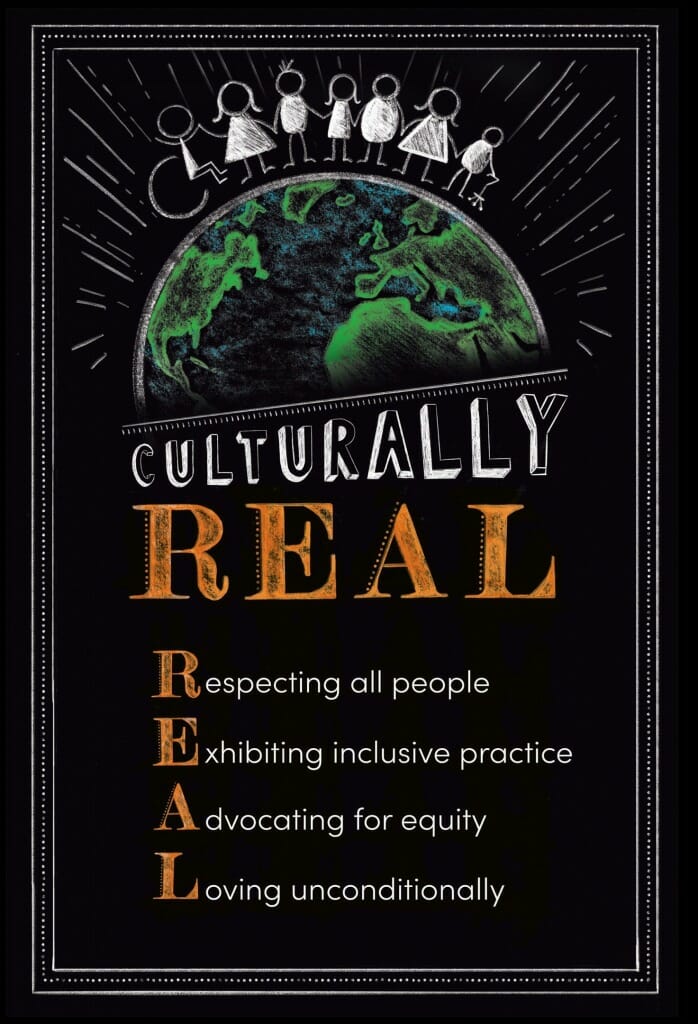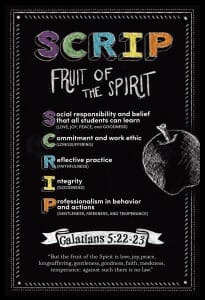Conceptual Framework
The purpose of the School of Education is to develop Christ-centered educators and leaders through rigorous, biblically-based instruction and practical training. The School of Education at Liberty University is committed to providing the highest quality Christian education based on the principles of God’s Word. Our school, by its commitment to strengthening the mind, body, and soul, educates the whole person as God created us.
The school offers programs to prepare teachers and other school personnel. Excellent teachers and school personnel are an invaluable asset to the home, church, community, and nation. The school licensure program at Liberty is designed to provide a program of study and pre-service experiences that will foster teaching excellence and stimulate improvement in teaching practices in Christian, public, and private schools.
The School of Education’s Mission is Established in This Conceptual Framework:
- Knows Christian values, moral dimensions, and ethical implications synthesized with academic knowledge
- Implements skills as a gift from God, because teaching/leadership is a calling from God
- Believes and practices personal integrity, social responsibility, sensitivity to the needs of others, and the betterment of humanity
Bachelor’s & Master’s Programs
- Knows
- General knowledge
- Content knowledge and curriculum goals
- Professional knowledge: Development and diversity of learners
- Implements
- Communication skills
- Technology skills
- Instruction/Leadership skills: Plans, manages, motivates, and assesses
- Believes
- Commitment and concern
- Collaboration and reflection
Post Graduate & Doctoral Programs
- Knows
- Research competencies
- Implements
- Leadership concentration competencies
- Teaching and Learning concentration competencies
- Believes
- Foundations competencies
Dispositions
The faculty of the Liberty University School of Education has delineated the dispositions that should be observable in each candidate of our programs at both the initial and advanced levels. The dispositions are identified from the Conceptual Framework.
Dispositions: S-C-R-I-P
- Social responsibility
- Commitment
- Reflective practice
- Integrity
- Professionalism
Fruit of the Spirit
- Love, Joy, Peace
- Long-suffering
- Faithfulness
- Goodness
- Gentleness, Meekness, Temperance

Culturally Real
- Respecting all people
- Exhibiting inclusive practice
- Advocating for equity
- Loving unconditionally
Learning outcomes aligned with the Knows-Implements-Believes domains of the Conceptual Framework have been developed for each of the EPP’s degree programs. See the Conceptual Framework (PDF) for more information.
